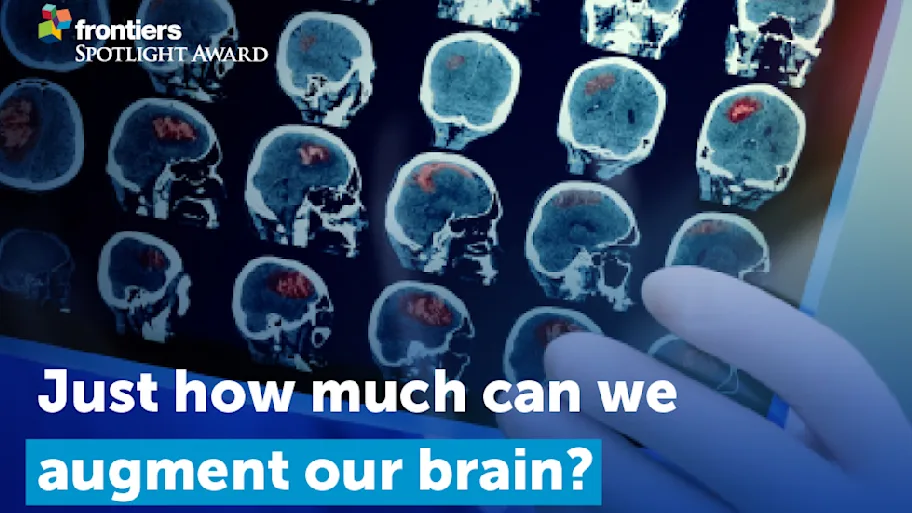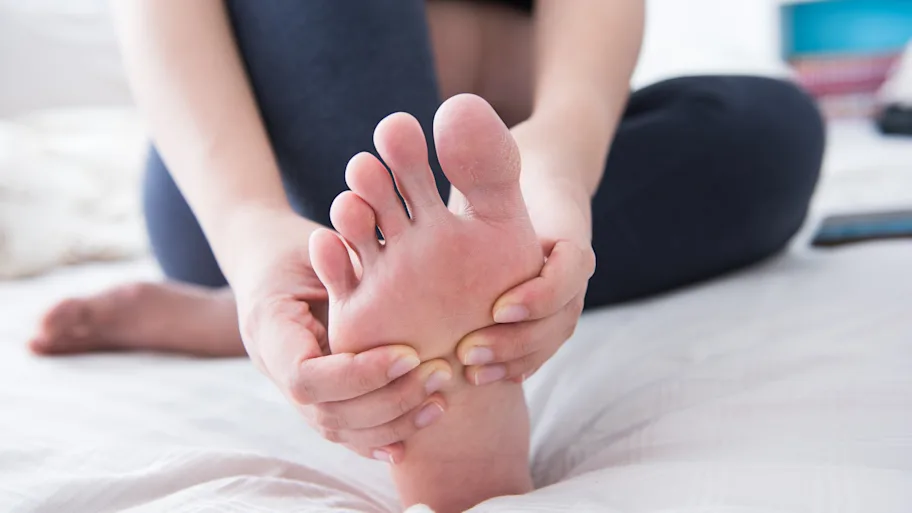
- Science News
- Psychology
- Electric brain stimulation can improve mood and relieve stress
Electric brain stimulation can improve mood and relieve stress

Feeling down? How about an electric pick-me-up for your brain?
by K.E.D. Coan
Electrical brain stimulation can improve the mood of healthy people as well as those suffering from depression, says study published in Frontiers in Psychology.
More than 10% of American adults take antidepressants, according to the CDC’s last survey, but these drugs can come with a variety of unpleasant side effects. As an alternative, a team at Swansea University is developing an approach using electrical brain stimulation to alleviate stress and depression.
Past studies have shown this method can relieve depression, but their most recent study presents the first evidence that it can also give healthy people a little boost when they’re feeling down.
“We’ve shown that weak electric stimulation is effective to improve the mood of those who are not depressed, but are still affected by the consequences of a stressful, restless, and demanding lifestyle,” said Dr. Frederic Boy, Head of Translational and Consumer Neuroscience at Swansea.
Although the idea of electric brain stimulation may give you pause for thought, researchers have safely used transcranial Direct Current Stimulation (tDCS) for over a decade. Last year, the UK’s National Health Service (NHS) also approved tDCS for the treatment of depression.
The treatment passes a small electrical current through the brain via two electrodes attached with sticky pads to the participant’s head. Volunteers feel only a weak tingling sensation at the beginning of the session.
Boy’s team selected healthy volunteers, with no history of depression or psychiatric treatments. The participants received tDCS for twelve minutes each day, for a total of five days. Boy’s team specifically targeted the brain’s prefrontal cortex—the region known to be active during negative emotions and stress. Afterwards, they asked participants to complete mood questionnaires assessing mental states such as anxiety, depression, anger, and fatigue.
“We saw an improvement across the whole scale,” said Dr. Nick Davis, a co-author on the study at Manchester Metropolitan University. After the first sessions, participants began to feel more positive overall, while those who received a mock treatment reported no noticeable change.
This work may lead not only to a new treatment option for mood disorders, but also to a pick-me-up for healthy individuals dealing with the stress of everyday life. One of the leading causes of clinical depression is the gradual buildup of such day-to-day negative emotions, and so the treatment might also help prevent depression in the first place. The team even envisions the development of an over-the-counter device for stress reduction at home.
“People could give themselves a mood boost as needed,” said Davis.
But he doesn’t recommend that people try DIY brain stimulation until all of the results are in.
Researchers are still considering safety and ethical questions such as: Could people become dependent on the mood boosts? What are the consequences of long-term mood modulation?
Nevertheless, the potential to help people be happier is worth further exploration.
“This could absolutely change people’s lives,” said Boy.






